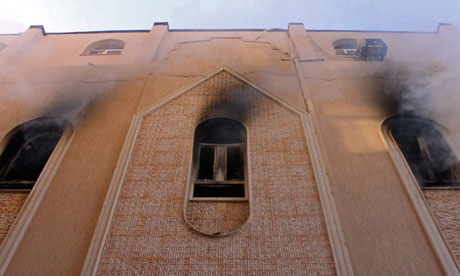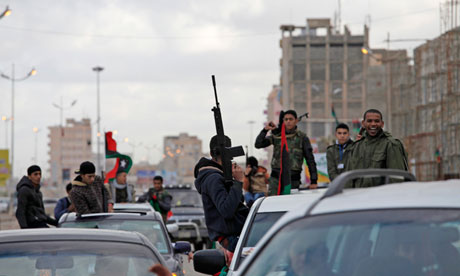By Hannah Stewart
Impunity Watch Reporter, Africa
UNITED NATIONS — On Thursday, the UN Security Council approved the creation of a unique new combat force that will conduct “targeted offensive operations” to neutralize armed groups in conflict-torn eastern Democratic Republic of the Congo (DRC).

By way of response, the Congolese government has welcomed the UN’s decision in hopes of subduing rebel groups along its border with Rwanda. Spokesman Lambert Mende said the brigade of at least 2,000 troops would “bring some hope of peace.”
This is the first time any UN peacekeeping force has been given such an offensive mandate. However, the ongoing conflict in the DRC has seen various armed groups creating havoc in the mineral-rich eastern region for two decades.
The brigade will be part of the UN peacekeeping mission in the DRC. At present, the UN has more than 17,700 peacekeepers and more than 1,400 international police in the DRC; however, they have been accused of not doing enough to stop the violence in the eastern provinces. The latest rebellion, from 2012 to present, has displaced an estimated 800,000 people in the DRC from their homes.
The UN Security Council resolution stated that the new Intervention Brigade will “carry out targeted offensive operations” to “neutralize” armed groups. In July, forces will be deployed and will include troops from South Africa, Tanzania and Malawi.
The resolution will give the brigade a mandate to operate “in a robust, highly mobile and versatile manner” to ensure that armed groups cannot seriously threaten government authority or the security of civilians.
UN peacekeepers were unable to protect civilians from M23 rebels, whose movement began in April 2012 when hundreds of troops defected from the Congolese armed forces. Likewise, the resolution strongly condemns the continued presence of the M23 in the immediate vicinity of Goma, the capital of North Kivu province, and its attempts to establish “an illegitimate parallel administration in North Kivu.
Moreover, the Resolution demands that the M23 and other armed groups, including those seeking the “liberation” of Rwanda and Uganda, immediately halt all violence and “permanently disband and lay down their arms.” It also strongly condemns their continuing human rights abuses including summary executions, sexual violence and the continued conscripting and use of children.
But the resolution states clearly that it will be established for one year “on an exceptional basis and without creating a precedent or any prejudice to the agreed principles of peacekeeping.” The resolution, sponsored by France, the United States and Togo, says the “intervention brigade” must have “a clear exit strategy.”
It says the Security Council will determine its continued presence based on its performance and according to whether the DRC has made sufficient progress in improving its security. Moreover, the Congolese are set to form a “rapid reaction force” that can assume responsibility for neutralizing armed groups and reducing the threat they pose to civilians and the government’s authority.
The resolution extends the mission’s mandate until March 31, 2014, and the brigade will be headquartered in Goma.
For more information, please see:
Al Jazeera – UN Approves DR Congo “Intervention Brigade” – 29 March 2013
BBC – DR Hails UN Attack Force – 29 March 2013
Reuters – U.N. Approves New Combat Force to “Neutralize” Congo Rebels – 28 March 2013
The New York Times – U.N. Approves New Force to Pursue Congo’s Rebels – 29 March 2013



